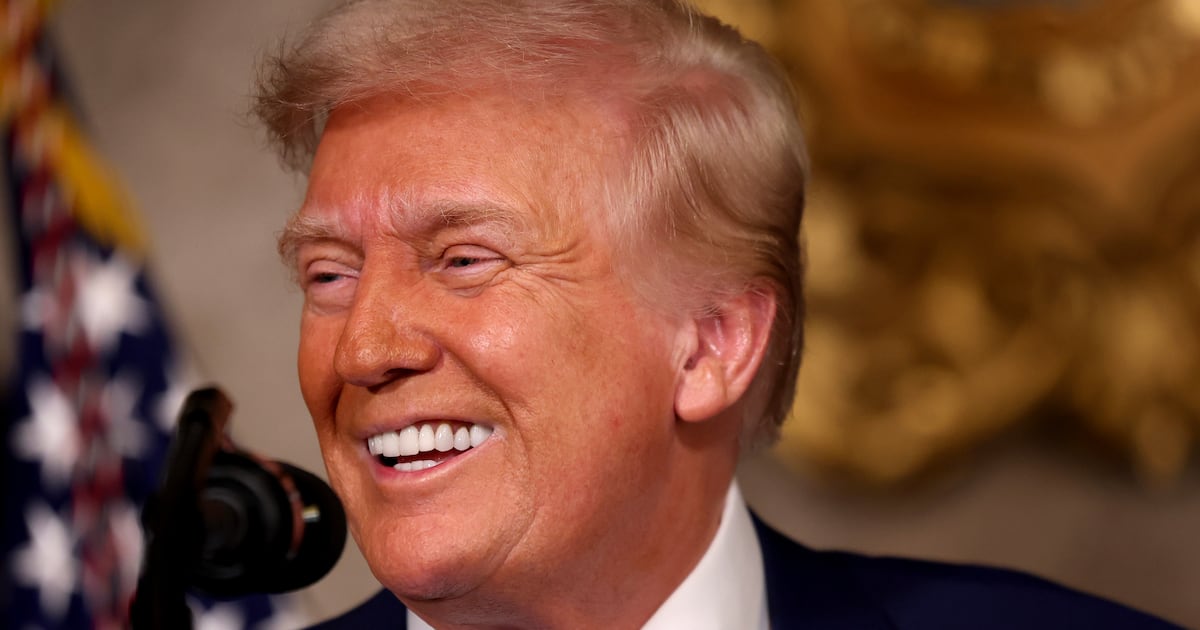It’s déjà vu all over again. Once again, the clock is striking 12 at the end of what was once called “Election Night” without a winner—and with no clear end in sight.
In recent weeks, the experts sometimes contained their liberal glee long enough to remind us that this could happen, that we could have a chaos night custom-made for Donald Trump, the ultimate chaos candidate. After all, counting all the votes doesn’t always comport with a made-for-TV schedule. And COVID-19, which dramatically increased the number of mail-in votes to be processed and counted, only increased the odds most Americans wouldn’t know the results before going to sleep Tuesday night.
We have gotten used to elections being decided fairly quickly, but this is a modern expectation and a priority should be given to accuracy, not speed. Still, the question looms, not so hypothetically: What happens if this drags on for more than just a day?
Consider the traumatizing effect of the 2000 Florida recount. Now consider that this was before 9/11, Iraq and Katrina, the housing market collapse, Obama, and Trump. It was a less divided time. Still, it cast a pall on George W. Bush’s presidency, serving to undermine his legitimacy. Now ask yourself this: Is America as united or as prepared to deal with uncertainty or chaos as we were 20 years ago?
That answers itself. The social fabric has frayed a bit since then.
And it’s likely to fray more depending on what Trump does or says before the counting is done. If he’s leading before all the votes are counted, does he declare victory? Does he attempt to stop new votes from being counted? These seem like paranoid questions, but with Trump, who knows?
Axios reported on Trump’s plans to prematurely declare victory. But early Tuesday, Trump said “I think we’ll have victory. But only when there’s victory,” adding that “there’s no reason to play games.” More likely is the possibility Trump might try to halt the counting of votes after Nov. 3. "I think it’s a terrible thing when people or states are allowed to tabulate ballots for a long period of time after the election is over because it can only lead to one thing, and that’s very bad,” Trump said on Sunday, adding: “And I think it’s terrible when we can’t know the results of an election the night of the election in a modern-day age of computers. I think it’s a terrible thing.” On Friday, he also tweeted that “The Election should be on Nov. 3rd., not weeks later!”
If Trump wins through a legal fight, he’s going to seem even less legitimate to Democrats than he was four years ago. This will be true because of (a) the methods used, (b) the fact that they already consider Trump to be Hitlerian, (c) the fact they will be in shock that he actually won (again!) and (d) the fact that Trump will have won the election, twice, while losing the popular vote, twice. What this means is that they will never abandon the resistance fight.
Even if Trump goes on to lose, this election will not be remembered as the kind of crushing rebuke that could vanquish Trumpism from the GOP. It wouldn’t be the stake through the political heart that Democrats had longed for.
Biden’s central promise was that he would end the chaos and be a return to normalcy. Maybe he would still do that as president, but he’s off to a dubious start even if he does end up in the White House. As I write this, we are left with more chaos, more uncertainty, and more polarization. At least, for the near future. It’s harder for either side to get over a loss like this.
The one thing that might unite America? Let’s round up all the pollsters.








